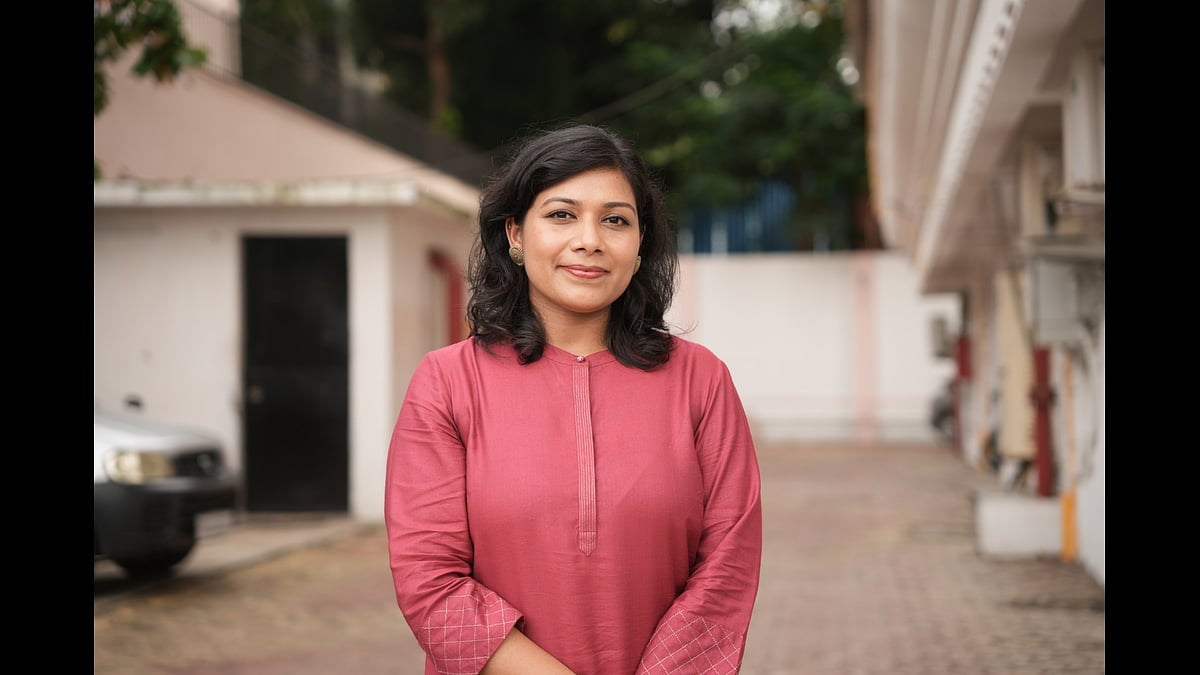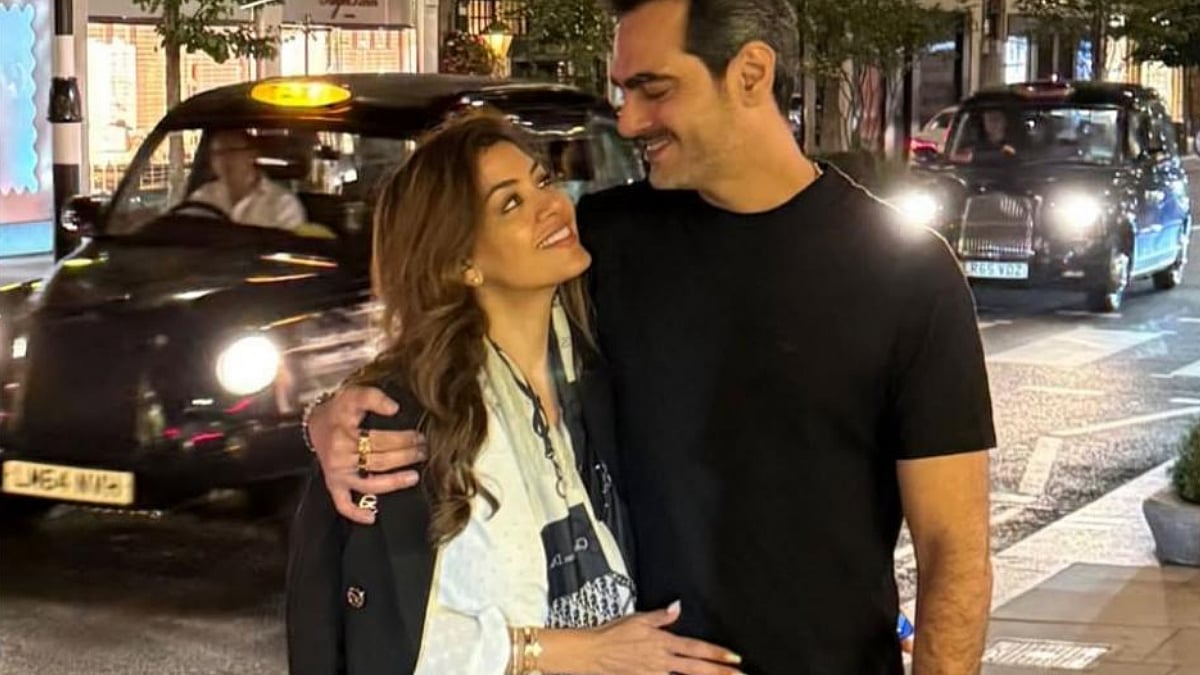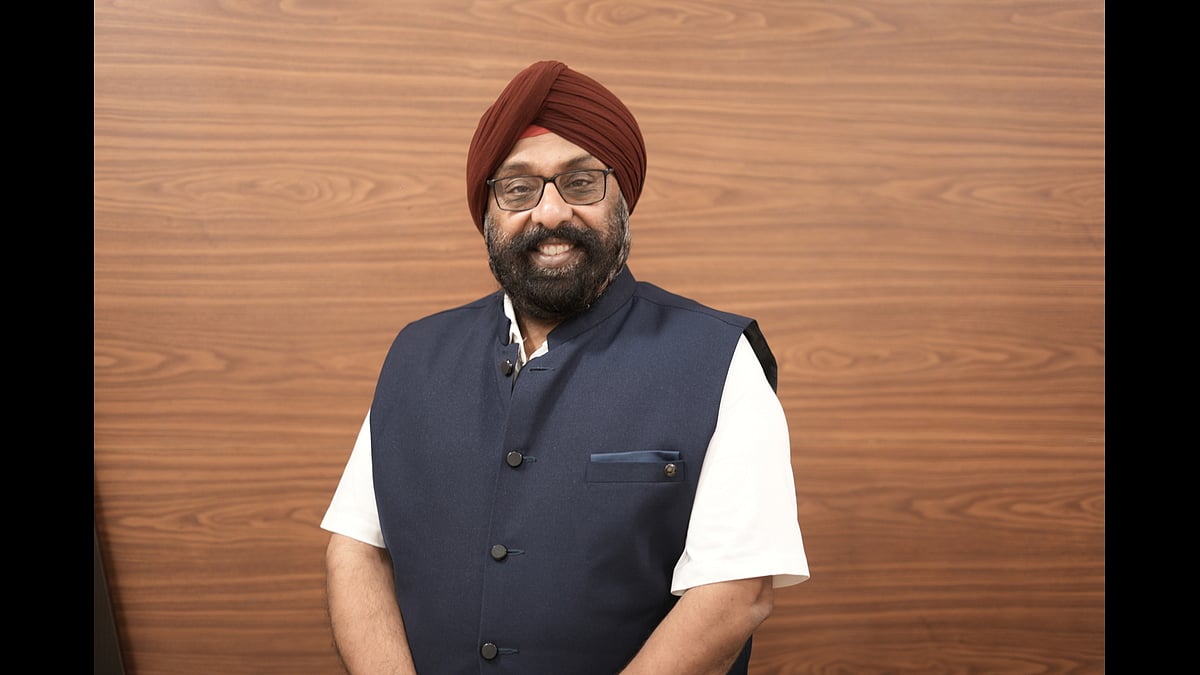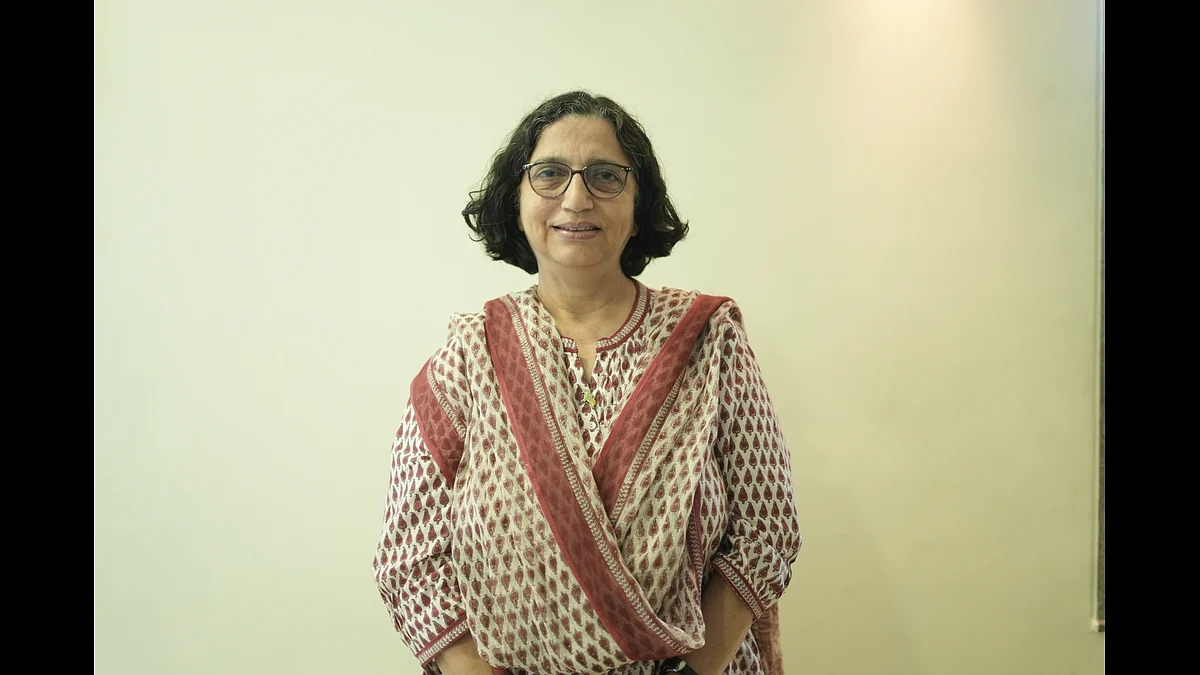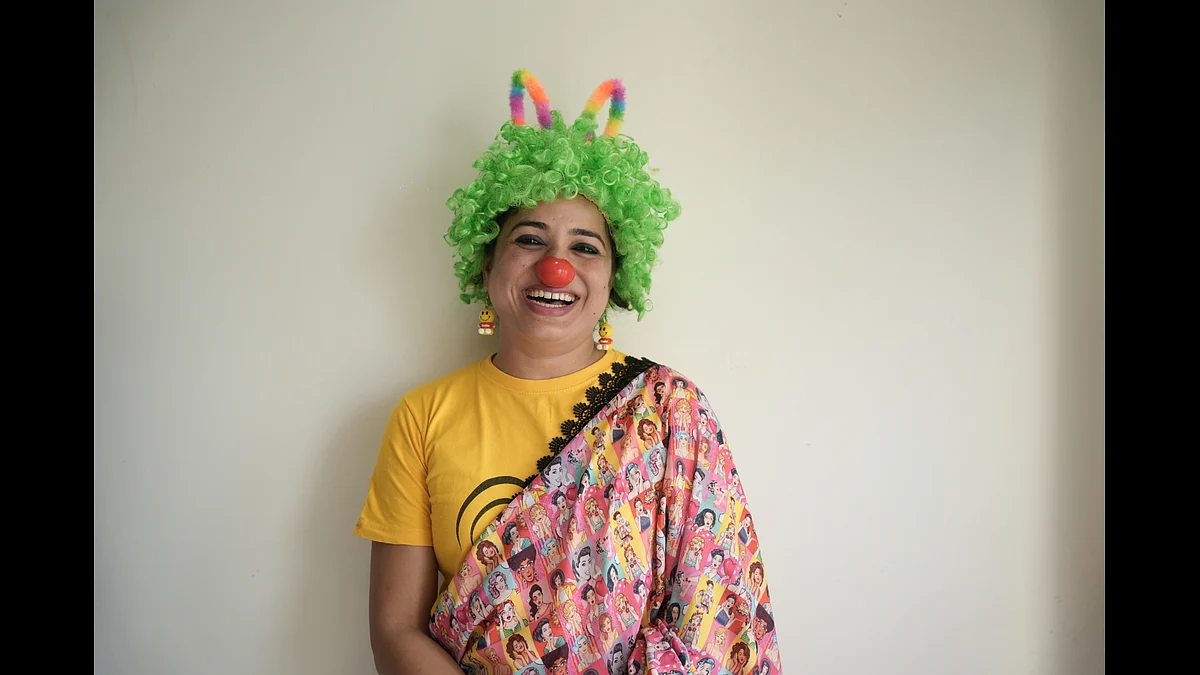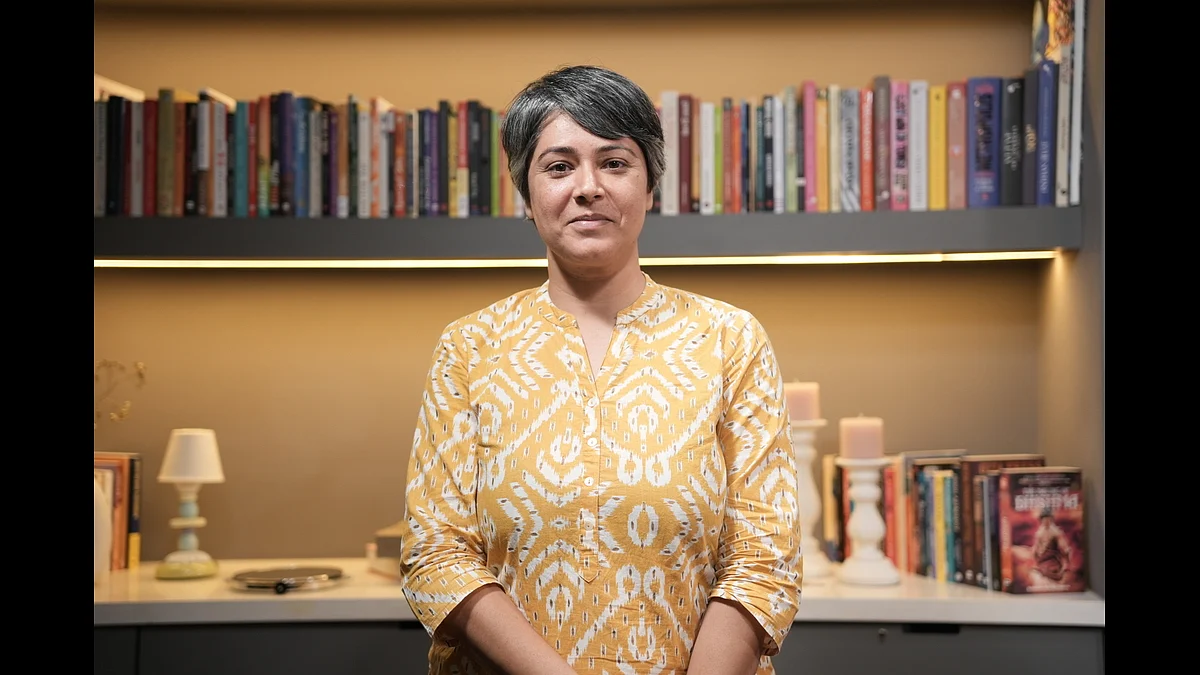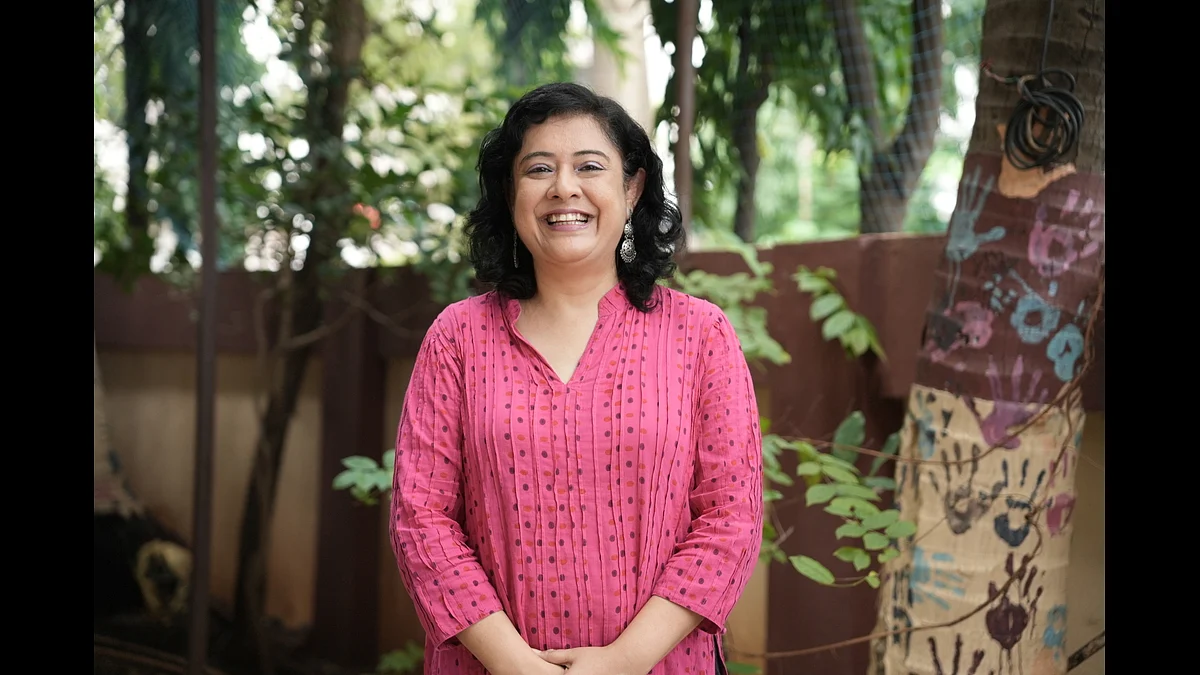Trained and worked as a neurobiologist, Dr Tatyana Dias’s life changed after her 26-year-old sister Veruschka passed away unexpectedly. On the autistic spectrum, Veruschka was the light of Dr Dias and her family’s lives. “We had to find a way to cope with the grief, and for us, the only way to keep her memory alive was to do something in her name,” shares Dr Dias. Before establishing anything, the family conducted a three-month community-based needs assessment.

Dr Anaita Udwadia-Hegde, consultant paediatric neurologist |
They found that there was a lack of a platform to showcase the abilities of individuals with developmental disabilities like autism, Down syndrome, cerebral palsy, among others. To address this, Dr Dias started the Veruschka Foundation in 2016. This insight became the core of the work: creating a space that regularly celebrates and highlights these talents. “We felt it was important to create enabling opportunities beyond that, and that’s how Veruschka Foundation came to be.”

NGO aims to empower 1,000 individuals with disabilities through sustainable livelihoods by 2030 |
The foundation’s vision is to accept, celebrate, and empower individuals with developmental disabilities. Its mission is to provide them with income-generating opportunities through sustainable livelihood avenues. “We’re working across multiple pathways — whether it’s mainstream employment, micro-entrepreneurship, or supported employment through our own in-house initiatives,” shares the Goregaon resident.
The NGO’s work is anchored in three core pillars: accept, celebrate, and empower. They run community-based awareness programmes aimed at shifting mindsets, influencing perspectives, and creating opportunities. “We run several initiatives, and one of the oldest is the Cook for Change Challenge. The idea is to create a platform that showcases the abilities of these talented individuals as they work towards becoming self-reliant,” explains the founder and CEO.
This challenge celebrates their independence and reflects the NGO’s core belief — that their work must be positive and uplifting. That’s also why they chose to anchor it in food and hospitality.
Another big vertical for the NGO is their Goregaon-based Culinaris Institute of Hospitality. The foundation runs government-certified training programmes that are both individualised and family-centric. Each session includes not only the individual with a disability but also a family member — referred to as a ‘supporter’ — someone actively involved in the child’s life.
The foundation offers two core programmes: one focused on independent life skills — from basic cooking to baking and continental cuisine — and another, Seed of the Future, which builds market-driven hospitality skills like housekeeping, service, and front desk operations. Both aim to equip individuals with practical abilities leading to income generation.
“Having given up careers and made sacrifices — and not having our own Veruschka around — it’s seeing many like her, many families like ours, and having a fabulous team that enables change and shares the vision that keeps us going,” she shares.
Dr Anaita Udwadia-Hegde, consultant paediatric neurologist, shares, "Dr. Dias has undertaken a commendable cause and has been advancing her work with steady and thoughtful progress. She is empowering individuals with developmental disabilities to become more productive and self-reliant. The courses she offers are impactful and offer a range of meaningful benefits.”
